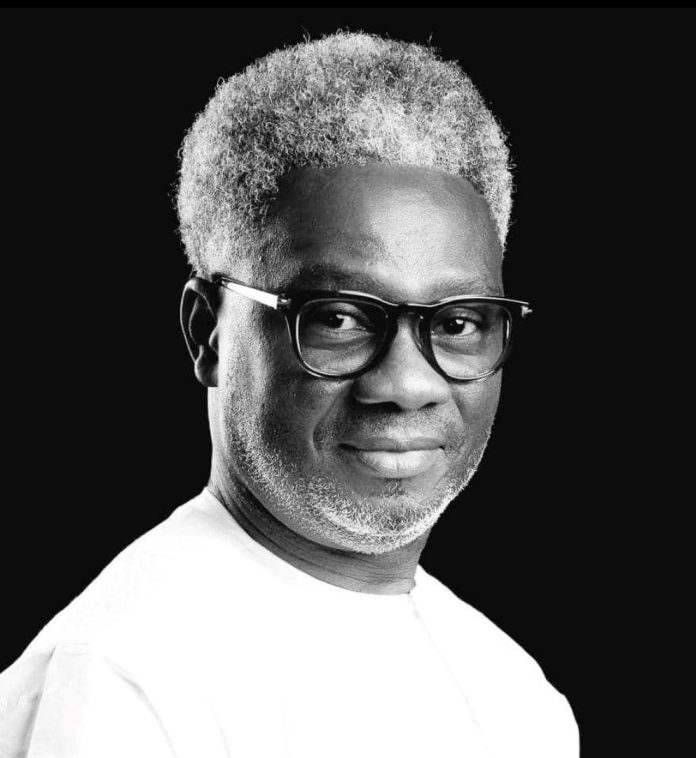Without any doubt, the Internet and its associated technologies and tools, including software applications, have created some of the most radical possibilities in the human experience, particularly in the last decade. These have certainly extended the frontiers of human freedoms and expression, while similarly enabling innovation across different forms of utilisation, and more so serving as catalyst to the ability of citizens to engage with political processes – for good and for bad.
Despite an earlier period in which there were deliberations on the possible roles and impacts of digital platforms, such as the social media, on political participation and elections, the increased access to the Internet and broadband, alongside the wider uptake of social media as essential to human reality, have made the interface between these platforms and elections a lot clearer. This has especially been evident in the last few electoral cycles, whether in the United States, Europe, or Nigeria.
The 2008 presidential election in America could be considered as the watershed moment for a new form of voting behaviour, evolving with the widespread usage of platforms like Facebook, MySpace, YouTube, podcasting and mobile messaging in the communication of political interests with citizens.
Dr. Ibietan’s path-breaking book, Cyber Politics: Social Media, Social Demography, and Voting Behaviour in Nigeria, broaches a radical new territory in bridging psephology (i.e. the study of elections) and communications scholarship through an examination of the interface between social media networks and voting behaviour in the country. It draws its insights from a deeply methodical study of Nigeria’s 2015 presidential election, unearthing the intersections of social and demographic factors, digital social mediation and the remarkable impact of these variables on the voting behaviour of the electorate.
It is worthy of note that the referenced national polling presented one of the most significant evidence of how social media use can shape the course of an election, having the then political opposition gaining huge mileage from its ability to deploy social media platforms towards shaping and controlling public debates, and hence triumphing at the ballot.
These days, the preponderance of data more easily reveals the impact of social media on political engagement and elections, both in emergent and evolved democracies. It requires little clairvoyance that with the spike in upheavals instigated by economic dysfunctions across the world, social media will certainly play more consequential roles in driving electoral choices going forward.
Dr. Ibietan’s book speaks to the reality of how the demographics of voting is now in favour of digital natives, whose engagements are set to upend the traditional media approaches, hence the great value in seeking an understanding of the growing interface across cyber politics, social media networks and social demography. Specifically, the author utilises tested theoretical models and research methods to scrutinise the impact of social media on contemporary politics.
Most significantly, the cutting edge of this vibrant scholarly endeavour is its proposal of a bold new methodology and approach to communications, described as the Channel-Factor Model, which situates the relationship among social media and other variables within a political environment. It is a framework for re-engineering political communication in Africa that is as radical as it is innovative.
Cyber Politics: Social Media, Social Demography and Voting Behaviour in Nigeria is an absorbing and persuasive book that adds huge insightful value to an understanding of the interactions between politics, social media networks and other variables that influence the behaviour of voters in a democracy. Therefore, we particularly appreciate Dr. Omoniyi Ibietan, a staff of the Nigerian Communications Commission, for this contribution to political communication scholarship.




